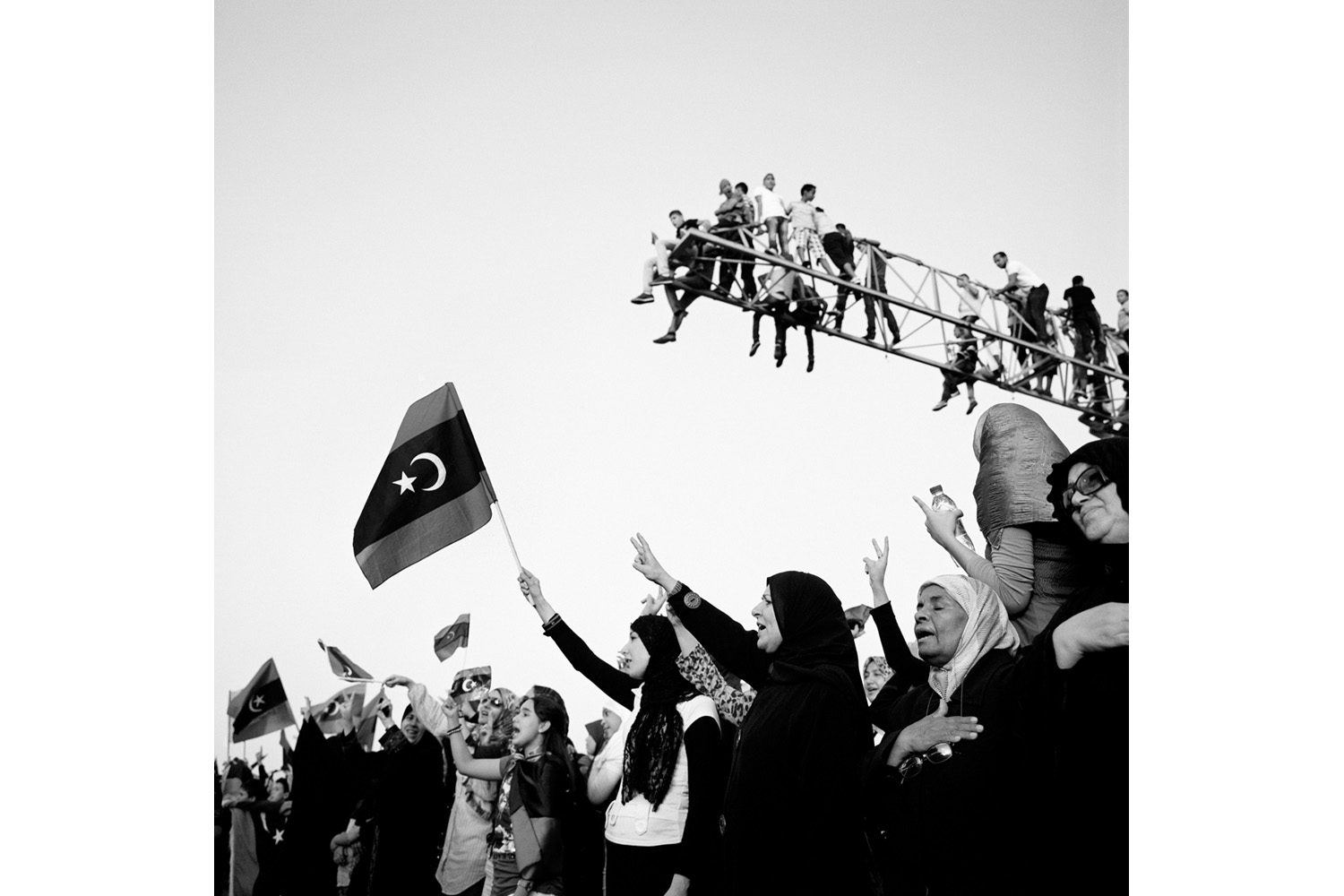
A year after they both captured the global imagination, the revolutions in Egypt and Libya are now poised on a knife-edge. The sense of hope that followed the departures of Egypt’s Hosni Mubarak and Libya’s Muammar Gaddafi — the former nudged out of power by the army top brass; the latter eventually killed by rebel militia after a bloody eight-month civil war — has withered. In Egypt, the shadow of the country’s domineering military looms large despite the victory in presidential elections of a candidate from the once-banned Muslim Brotherhood. (Many liberals, meanwhile, question the Islamists’ commitment to a free and open democracy.) In Libya, the violent overthrow of the four-decade old Gaddafi dictatorship has left behind a fledgling state that is riven by tribal militias, even as the nation held elections last weekend.
Witnessing the upheaval firsthand, photojournalist Sarah Elliott set about documenting those who have had most to gain — and to lose — from the transformations of the Arab Spring: women. The revolutions in both countries, which were aimed at toppling an encrusted, deep-seated authoritarianism, presented women “with opportunities they had never before imagined,” says Elliott. Women massed on the frontlines of protests in Cairo’s Tahrir Square; in Libya, some were on the frontlines as well — with machine guns.
Yet when Elliott arrived in Libya last August, not long before the fall of the capital Tripoli, she entered a story that seemed — at least as it was being conveyed then to the outside world — bereft of women. While myriad images beamed out of North Africa depicted crowds of men chanting in the streets or strutting around abandoned tanks, “women were totally unseen, they were absent,” says Elliott. In Tripoli, she went to hospitals and prisons, civil society meetings and ransacked government buildings, interviewing women from all walks of life and political stripes. Her project includes both a pro-Gaddafi sniper, whom Elliott first encounters on a hospital bed and then at a makeshift prison, as well as a range of women affiliated with the rebellion—including one lady who would smuggle bullets in her handbag and another, a fighter on the front, who named her child after the popular “Doshka” machine gun.
Elliott’s photographs blend portraiture and reportage; the testimony of those she documents is important. “I wasn’t just snapping pics,” says Elliott. “I sat down with them for hours and kept in contact. I want to fully tell their story.” She hopes to expand the project from Libya and Egypt to cover the whole breadth of the Arab Spring — most immediately Tunisia, where last year’s seismic upheavals first began and where a fragile consensus exists between the Islamist and secularist forces that came to power in the revolution’s wake.
(Related: Egypt’s Muslim Sisterhood: What roles do Islamist women play?)
For women, much is at stake. The promise of sweeping political change has run up against the realities of conservative, deeply patriarchal societies. In both post-revolution Egypt and Libya, Islamist pressure led to the axing of minimum quotas for women in the countries’ new elected legislatures. Fears grow over a roll-back of the moderate gains made by women’s rights in the era of the dictatorships, which, while repressive, tended to be secular. In Egypt, incidences of sexual harassment and intimidation — which had a brief reprieve during the giddy days of unity at Tahrir Square — have worsened; many feel increasingly marginalized by the post-revolution status quo. “For women, there’s a sense that their revolution never really ended,” says Elliott. She hopes to follow them as their struggle continues.
Sarah Elliott is a Nairobi-based photographer. See more of her work here.
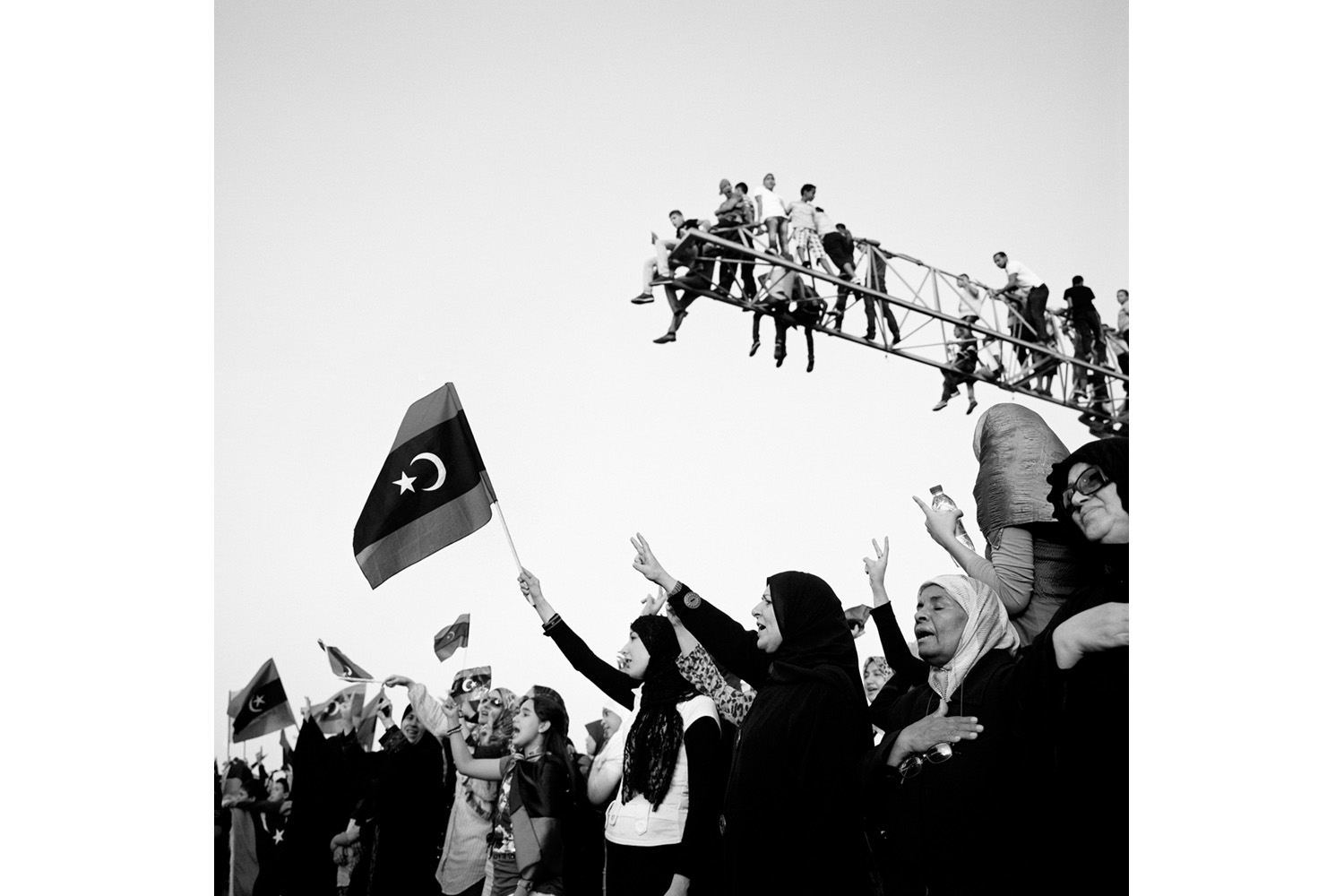
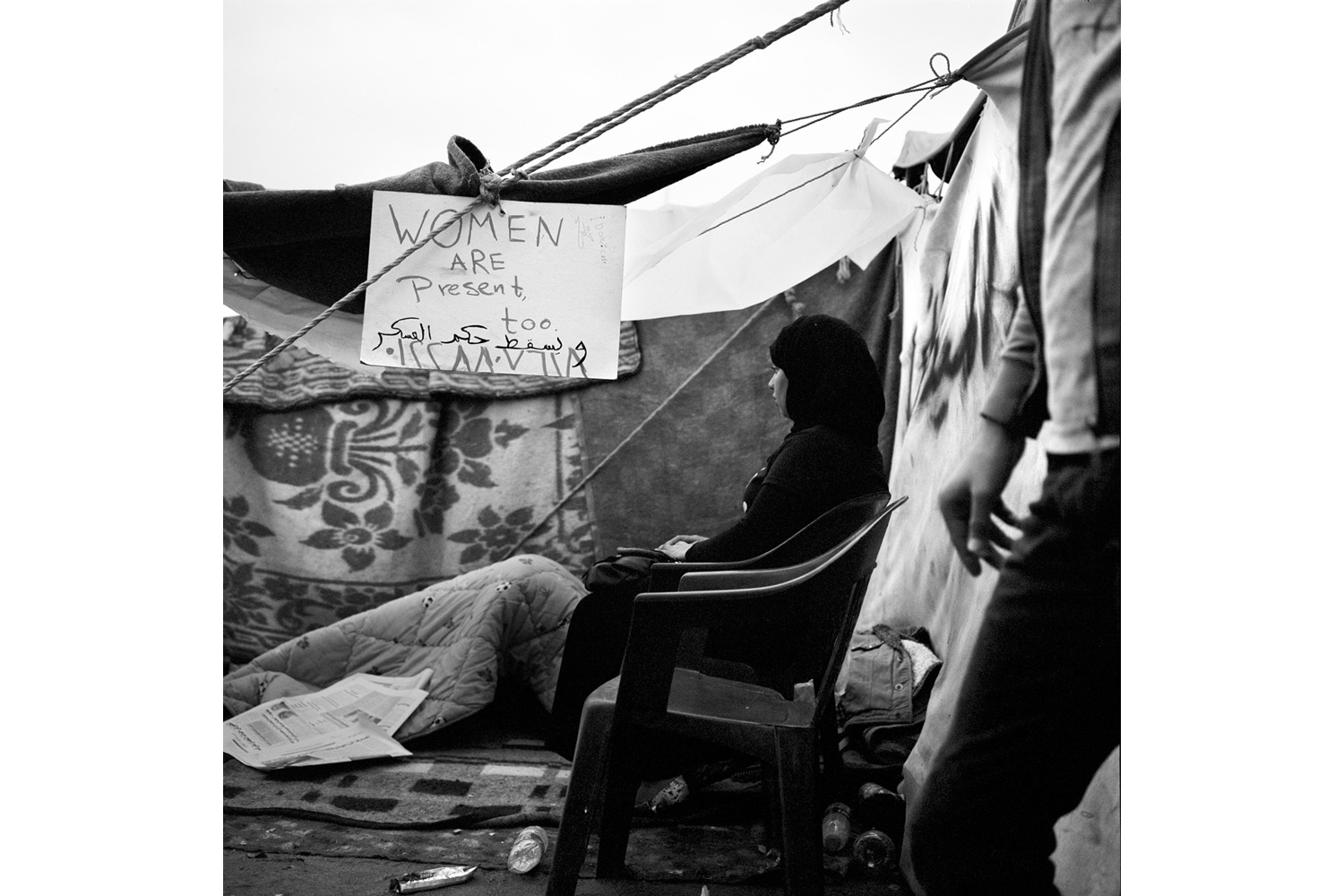
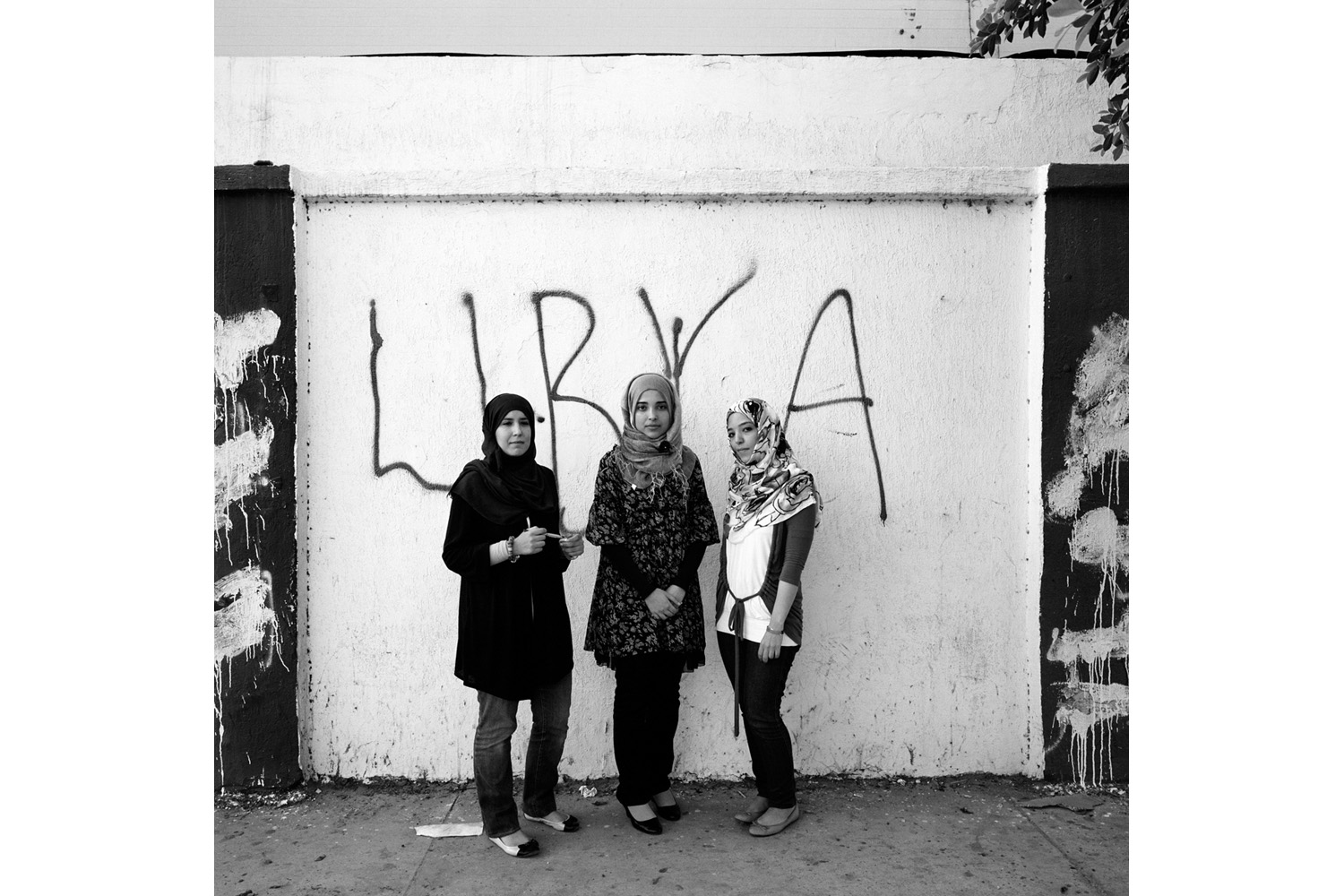
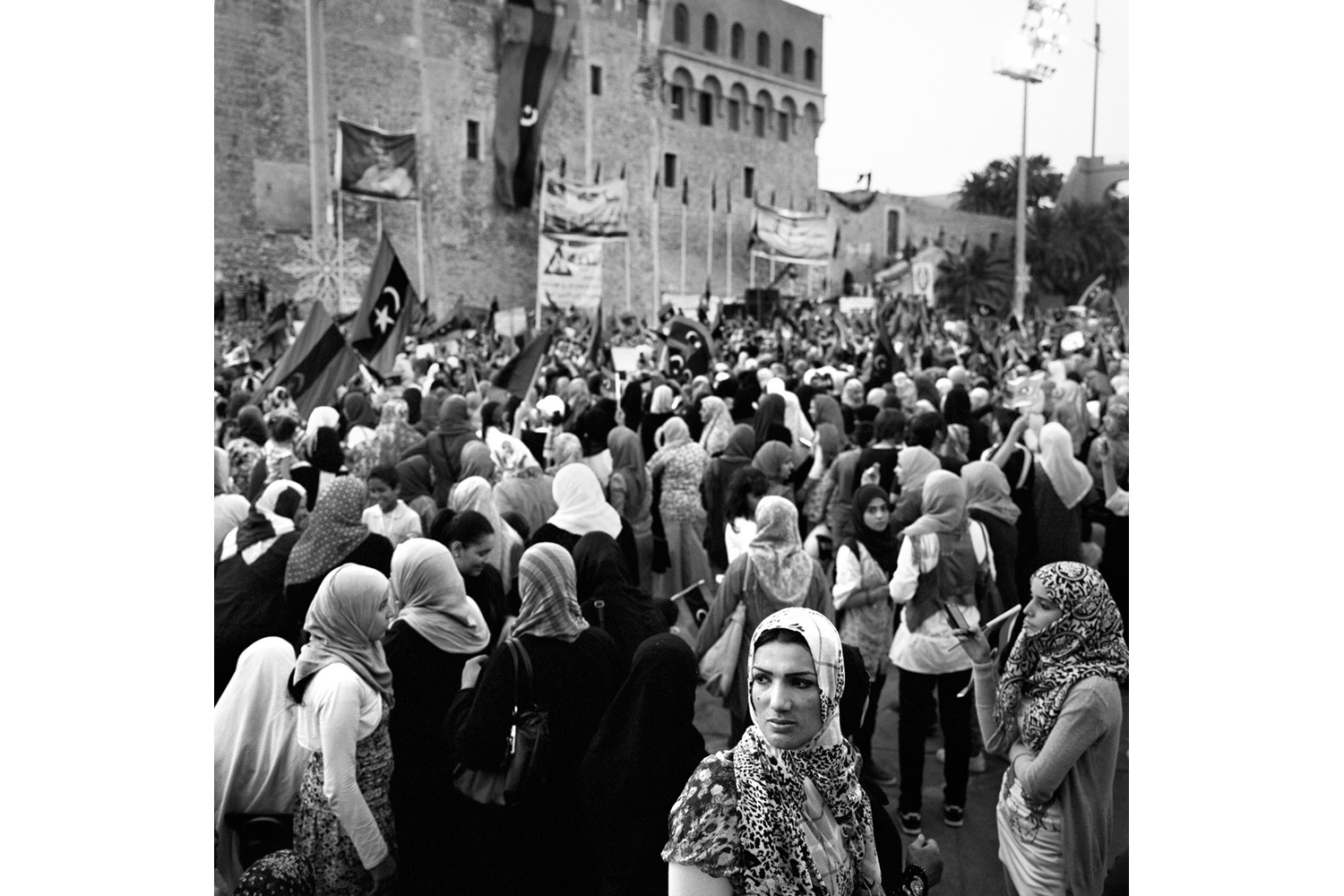
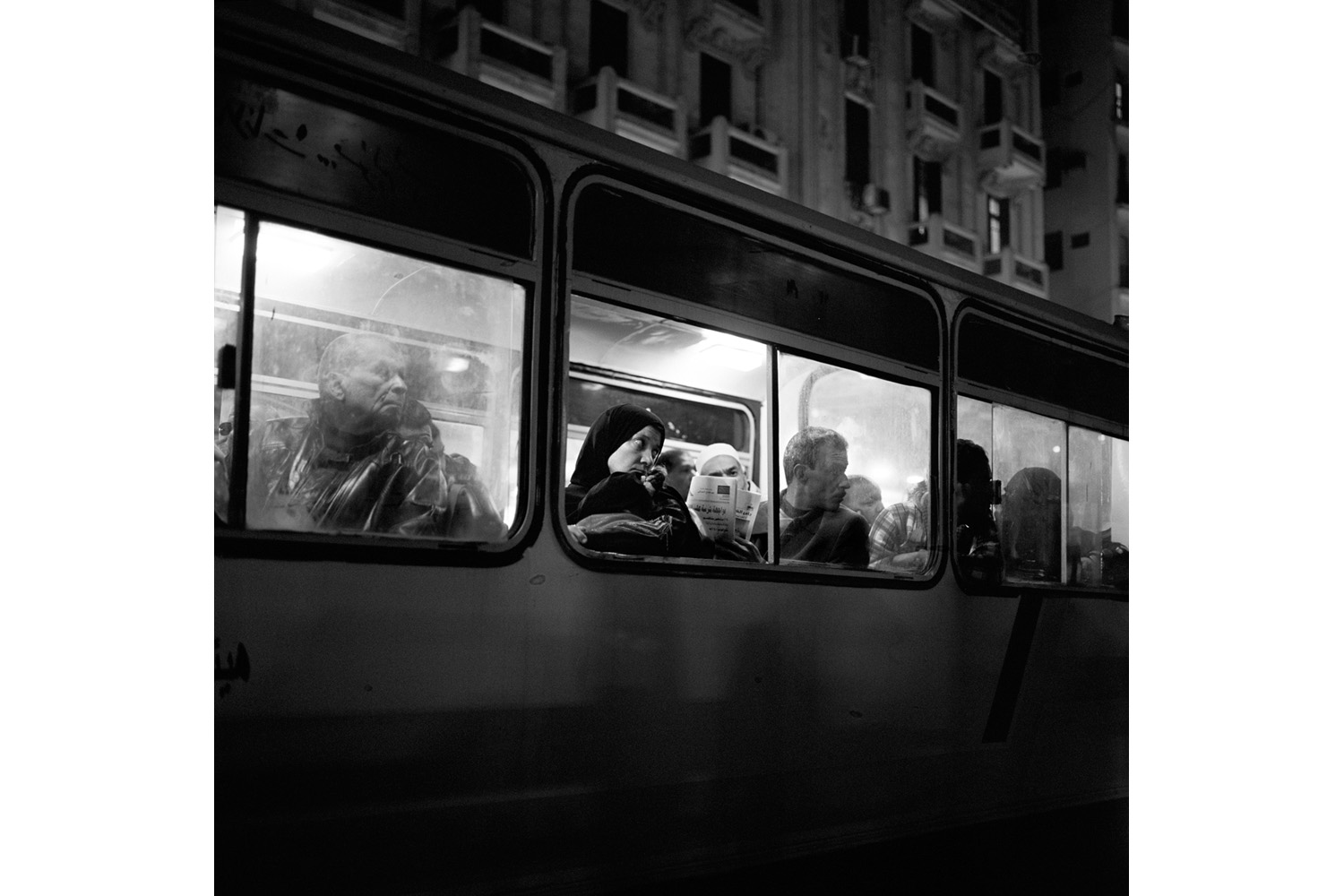
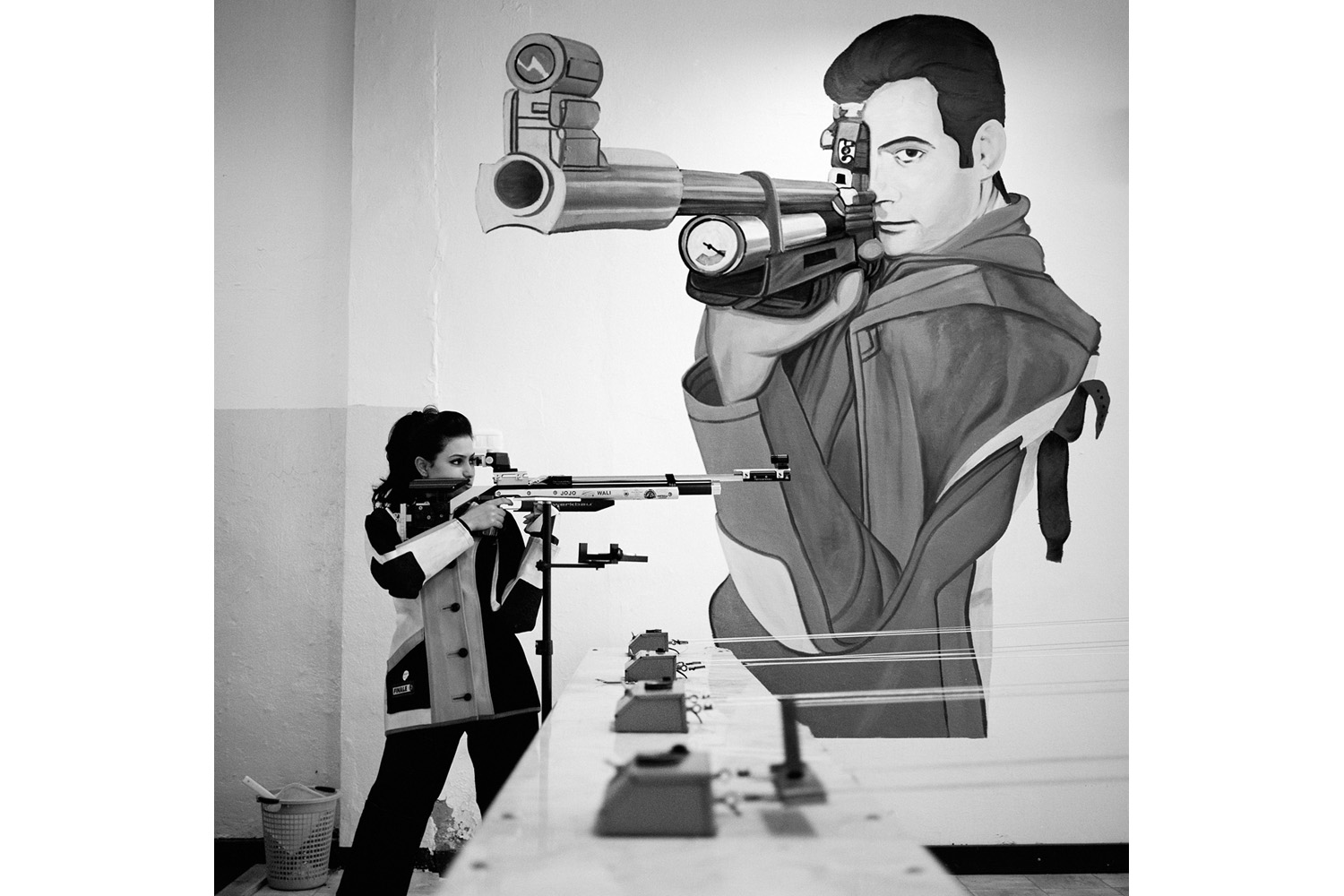
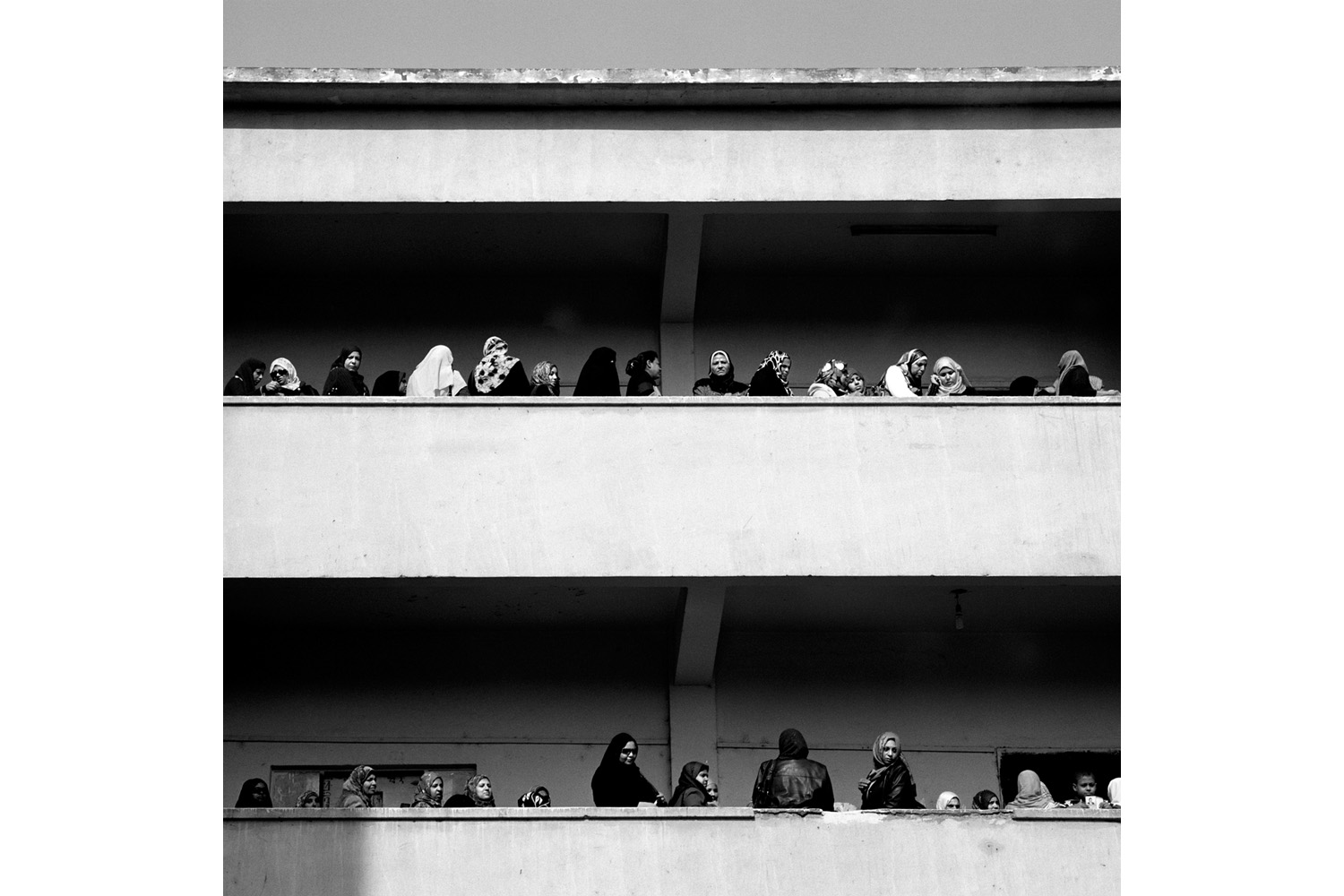
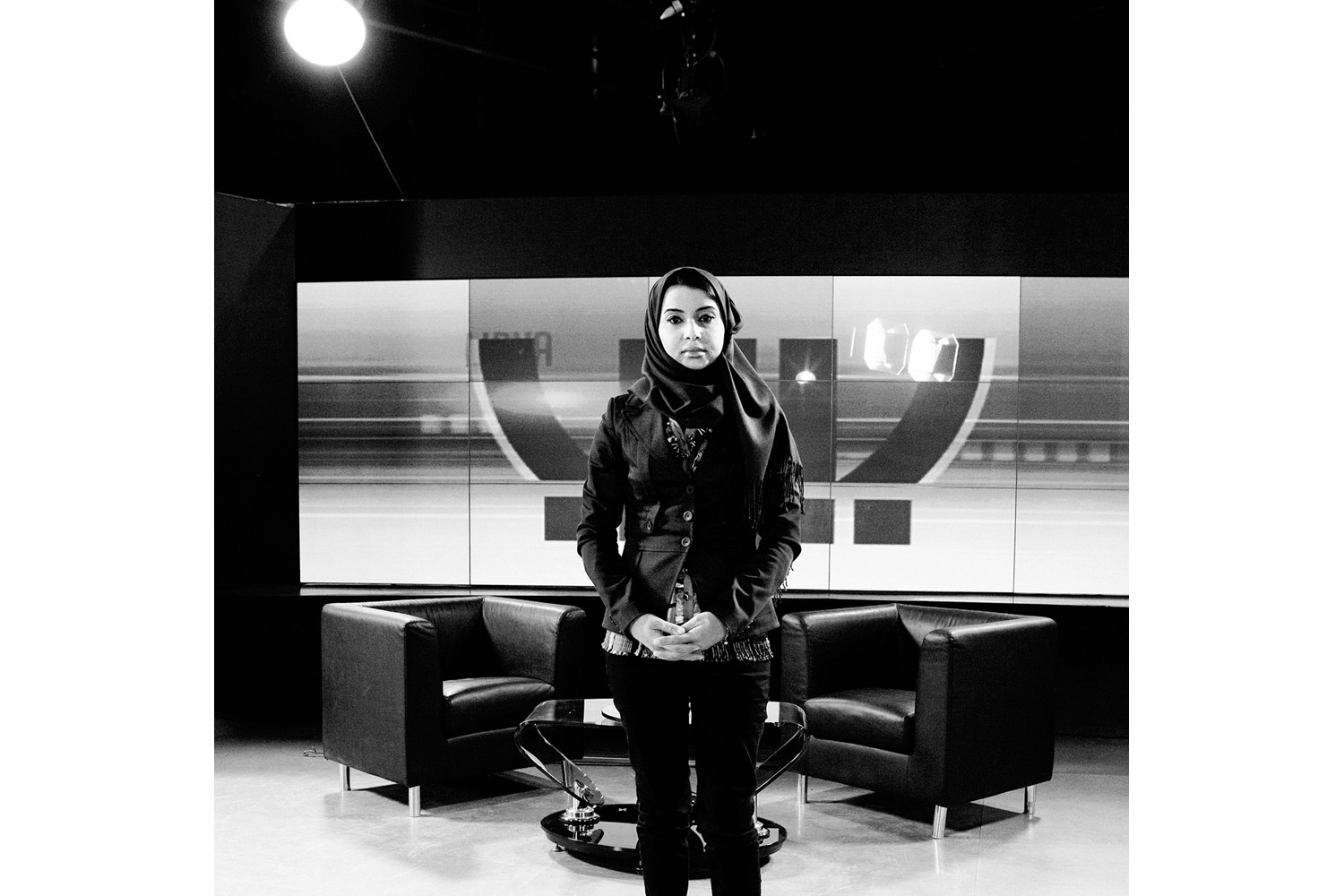
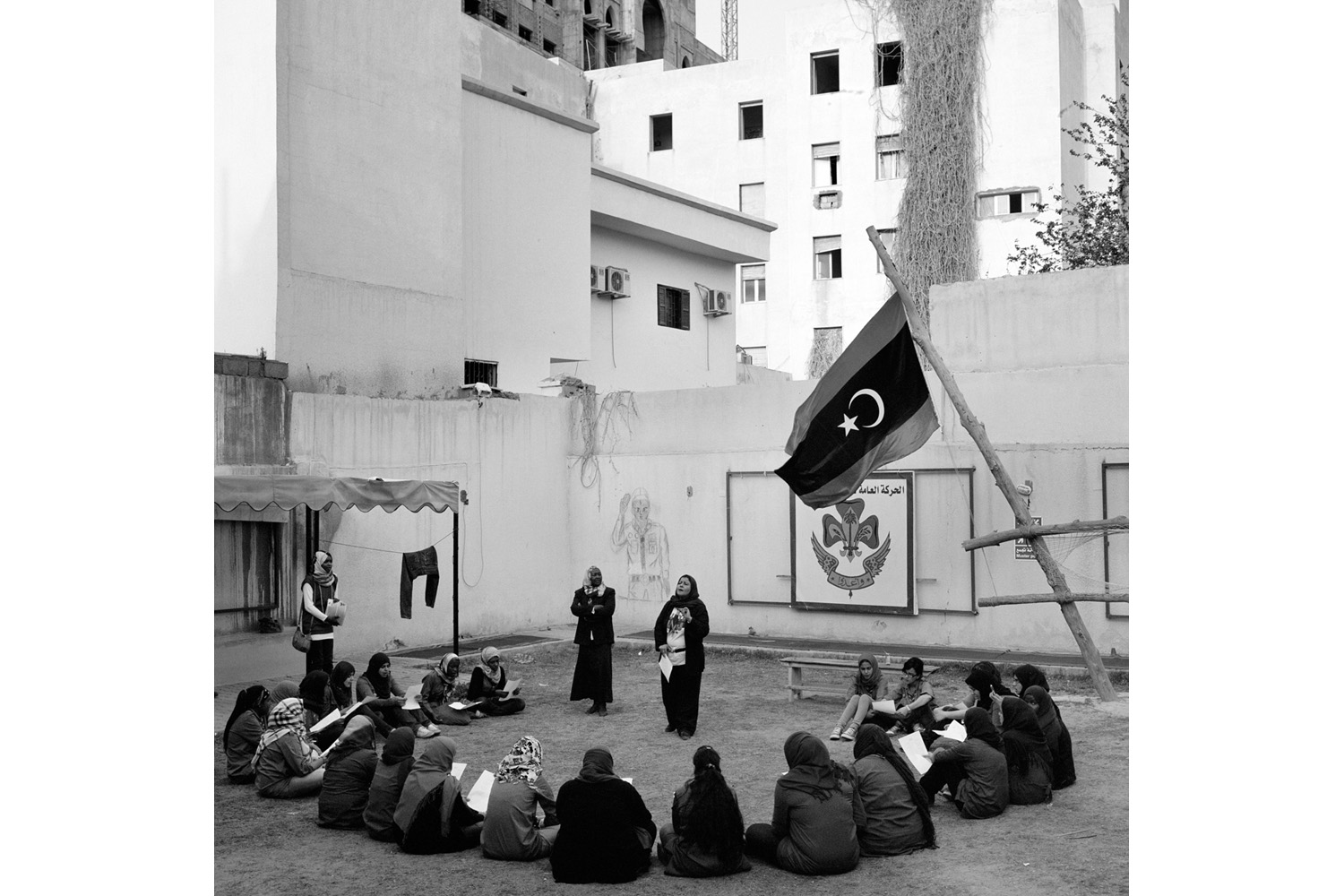
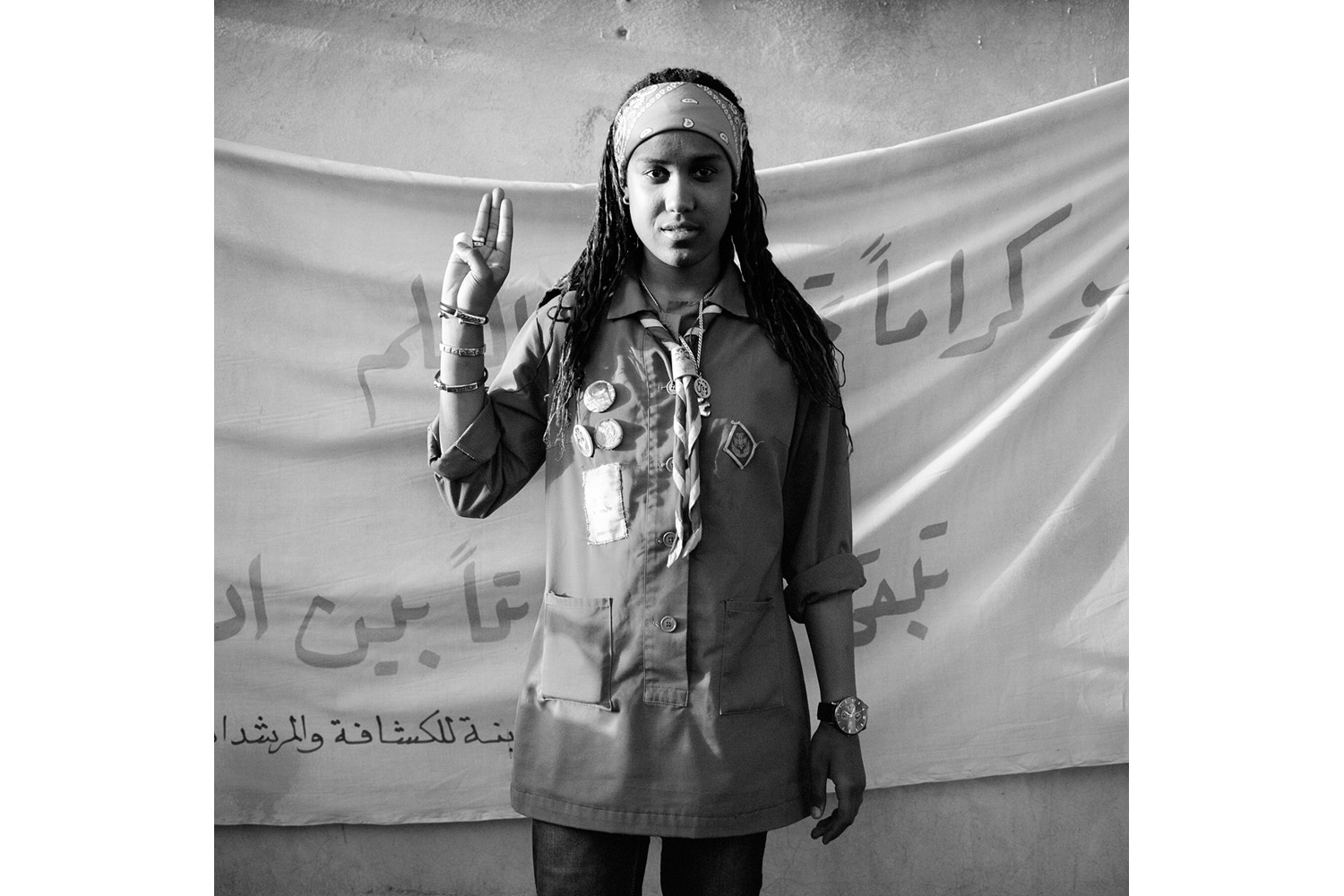
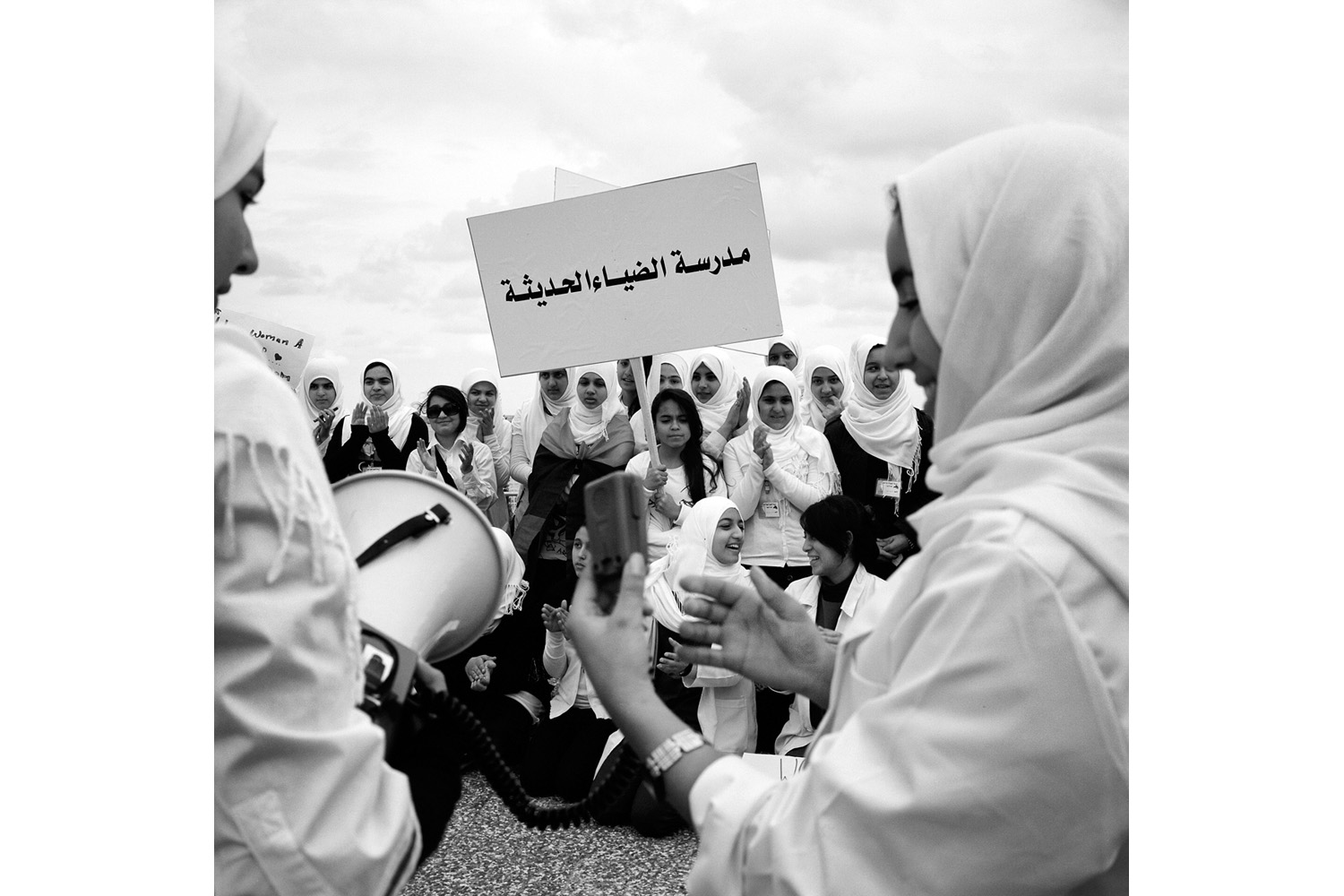
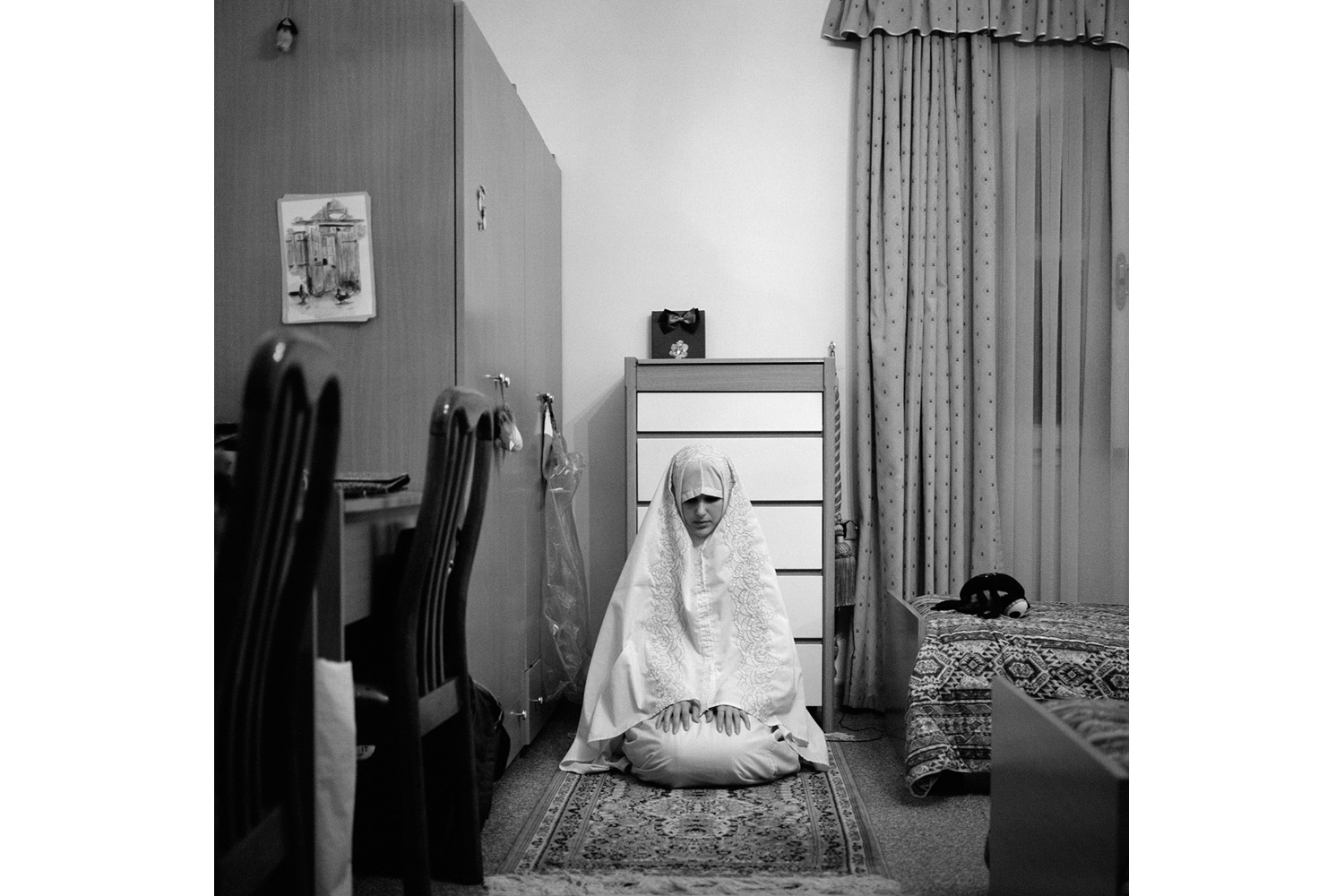
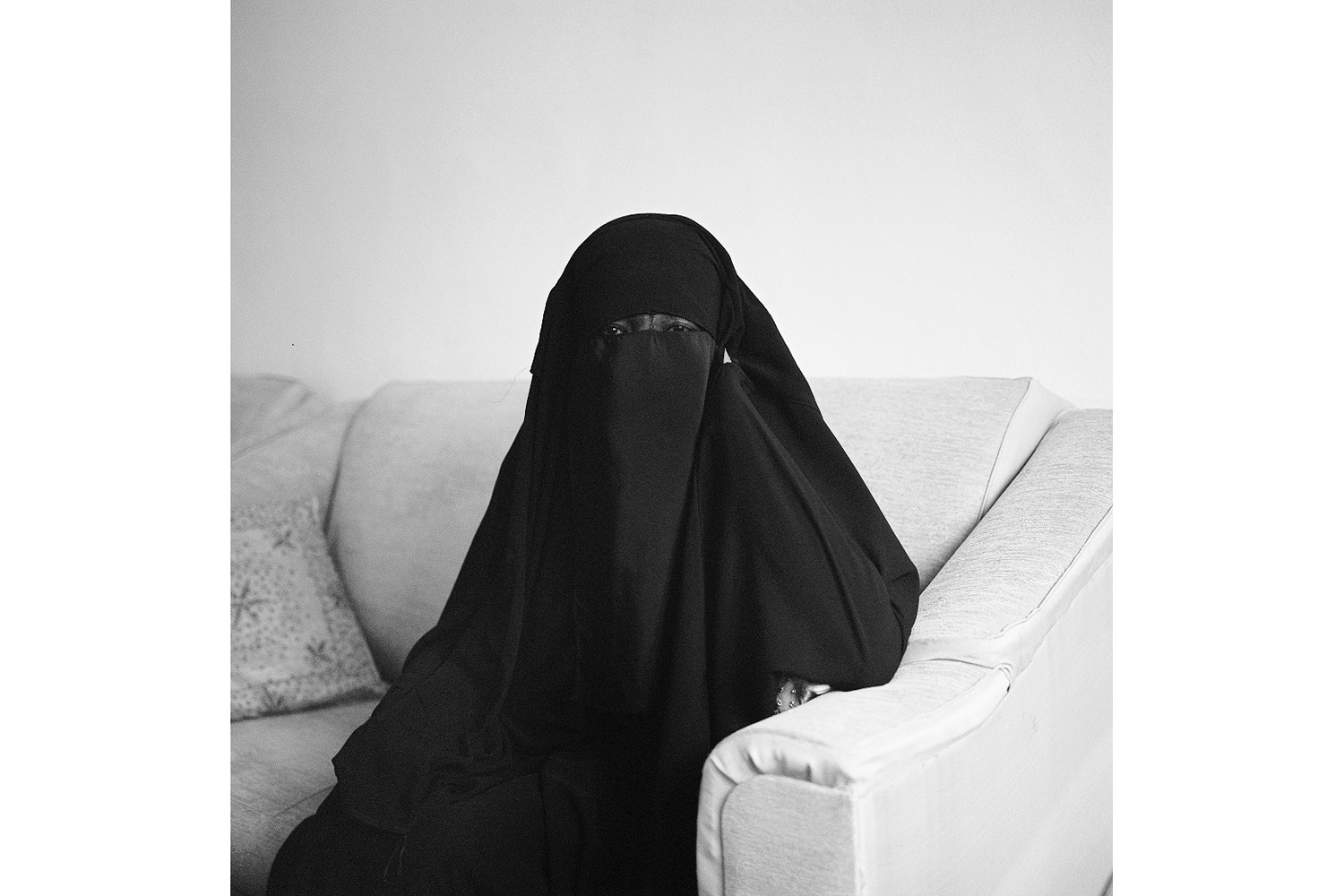
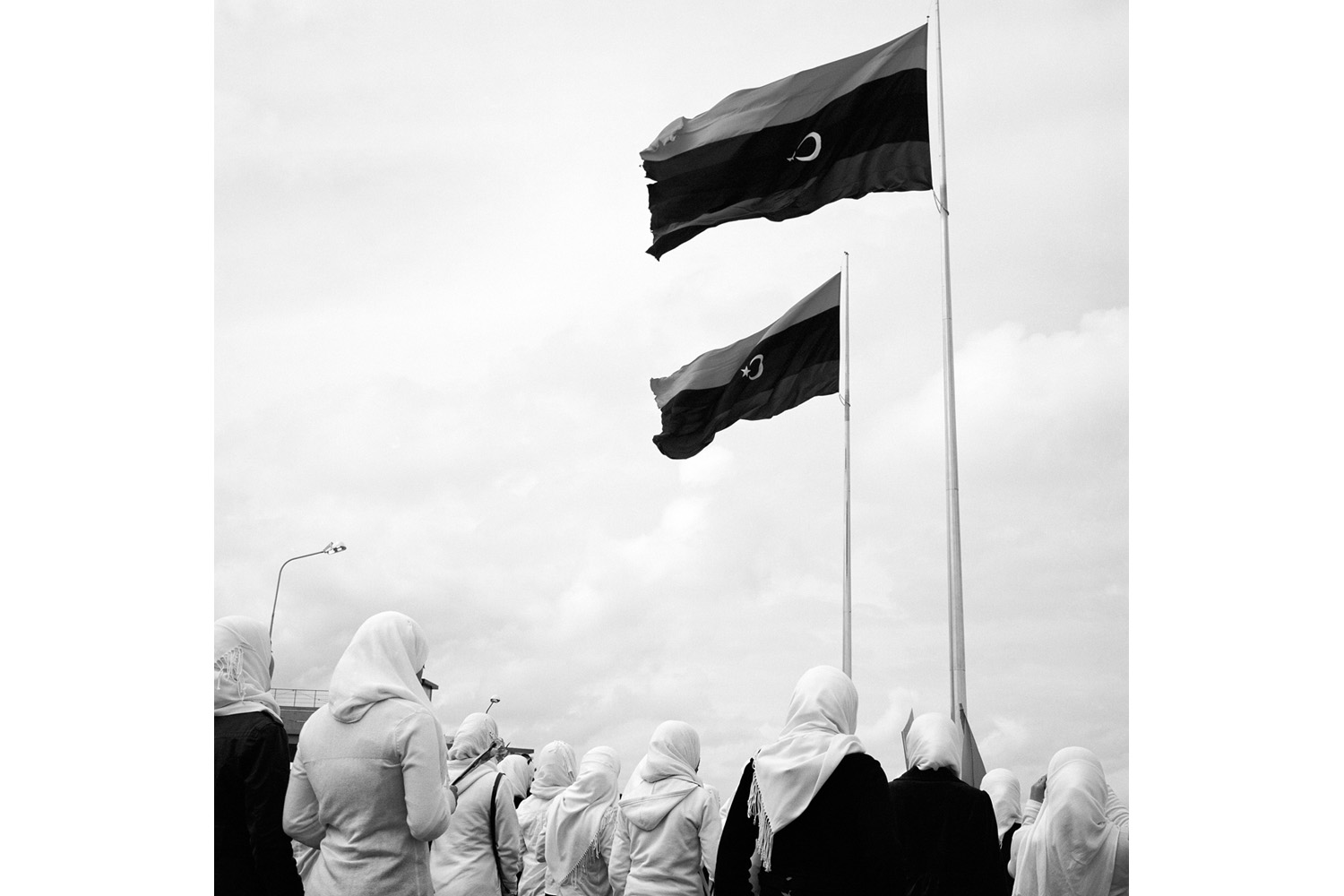
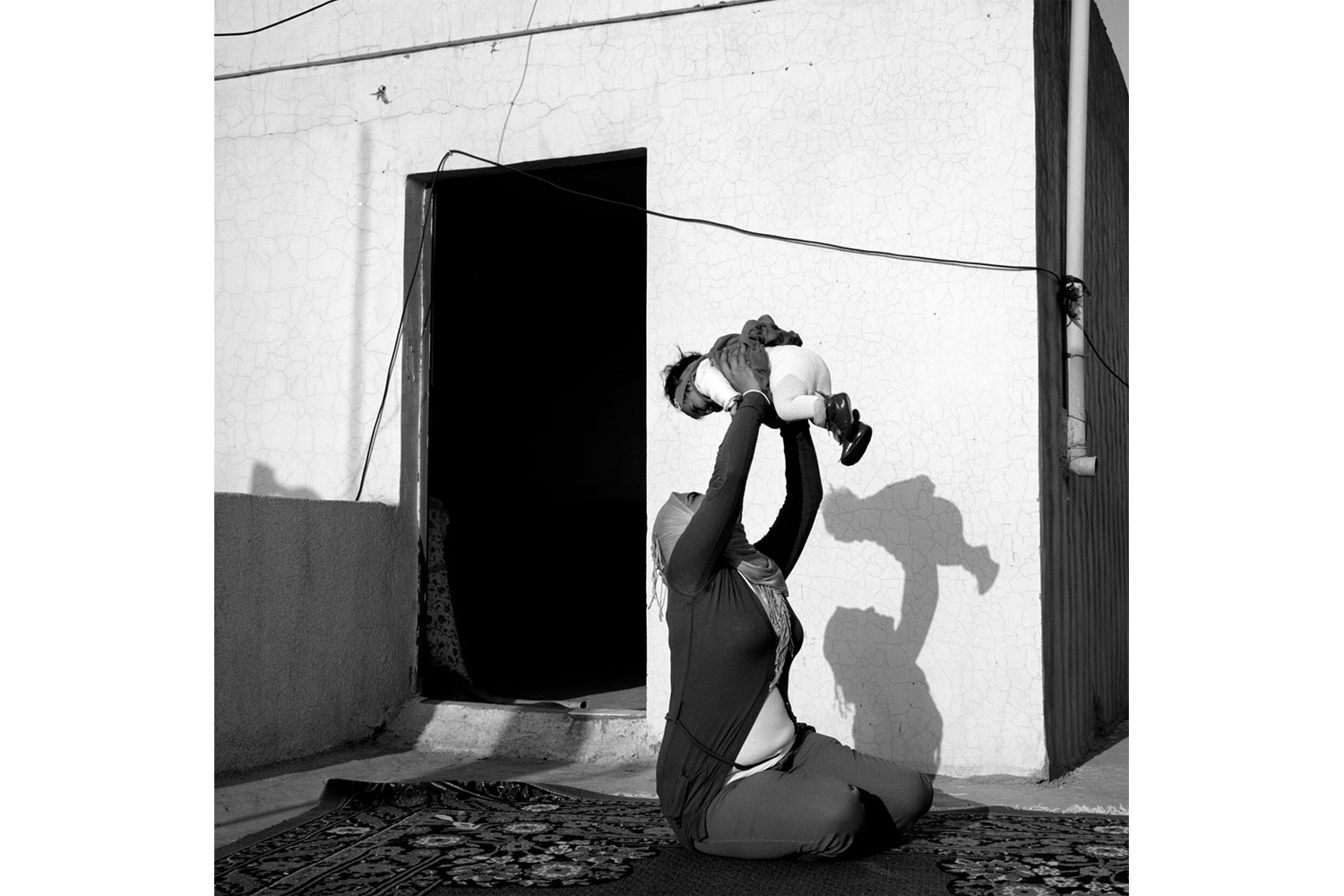
More Must-Reads from TIME
- Cybersecurity Experts Are Sounding the Alarm on DOGE
- Meet the 2025 Women of the Year
- The Harsh Truth About Disability Inclusion
- Why Do More Young Adults Have Cancer?
- Colman Domingo Leads With Radical Love
- How to Get Better at Doing Things Alone
- Michelle Zauner Stares Down the Darkness
Contact us at letters@time.com